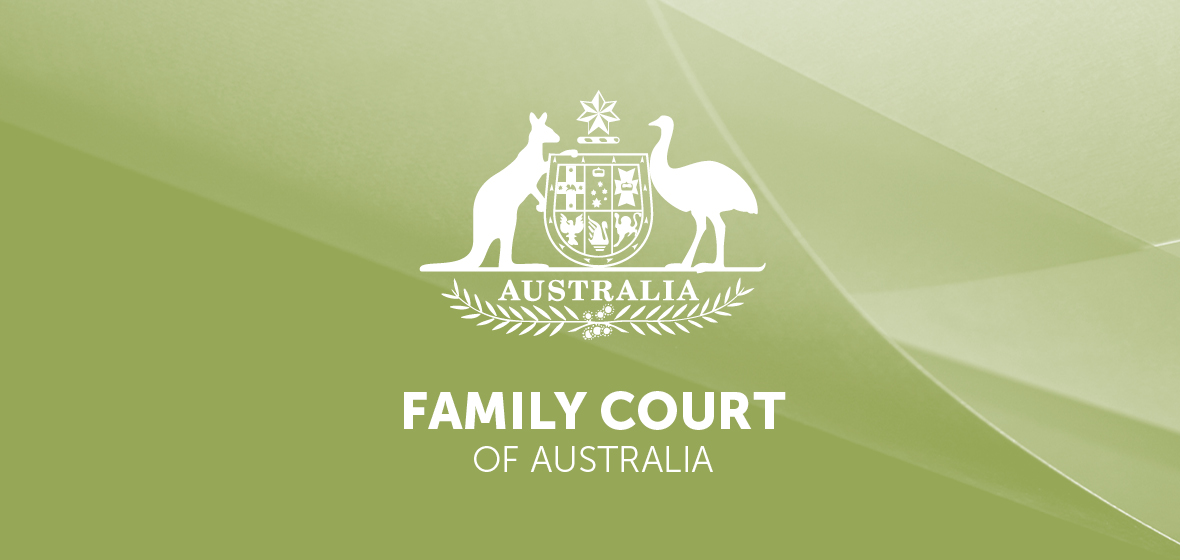Key decisions
- Mackah [2017] FamCAFC 62
- Child Support Registrar & Vladimir and Anor [2017] FamCAFC 56
- Bebbington [2017] FamCAFC 31
- Field & Kingston [2017] FamCA 208
Property – enforcement order compelling husband to access his super to pay wife $350,000 set aside on appeal
In Mackah [2017] FamCAFC 62 (3 April 2017) the Full Court (Thackray, Aldridge & Moncrieff JJ) allowed the husband’s appeal against an order of the Family Court of WA (on the wife’s application to enforce a consent order that he pay her $350,000) that he apply to the trustee of his self-managed superannuation fund (of which he was sole member) for payment of a transition to retirement pension, the trustee to pay that pension to an account nominated by the wife but in the husband’s name, with authority for ‘either to sign’.
Thackray J (with whom Aldridge and Moncrieff JJ agreed) said (at [27]):
‘[I]t is unnecessary to consider all of the grounds and the … argument … in support … as I … consider [that] the orders are inconsistent with the legislative scheme regulating Australian superannuation entitlements, and therefore cannot stand.’
Thackray J continued (from [28]):
‘It is not in dispute that the superannuation fund is a regulated superannuation fund within the meaning of the Superannuation Industry (Supervision) Act 1993 (Cth).
[29] Regulation 6.22 of the Superannuation Industry (Supervision) Regulations 1994 (Cth) … relevantly provides:
(1) Subject to … regulations … 7A.13, 7A.17 and 7A.18, a member’s benefits in a regulated superannuation fund must not be cashed in favour of a person other than the member or the member’s legal personal representative …
[38] The wife’s … counsel submits … that … no provision of [the order] formally contravenes this requirement. ( … ) Instead, the trustee must pay the husband’s superannuation income into an authorised deposit account with authority for “either [party] to sign” …
[39] The effect of the orders is clear – money is to be removed from the husband’s superannuation fund and paid to the wife in satisfaction of a debt.
[40] In my view, this is a clear contravention of reg 6.22 since the benefits in a regulated superannuation fund are being cashed in favour of a person other than the member of the fund or his legal personal representative.’




